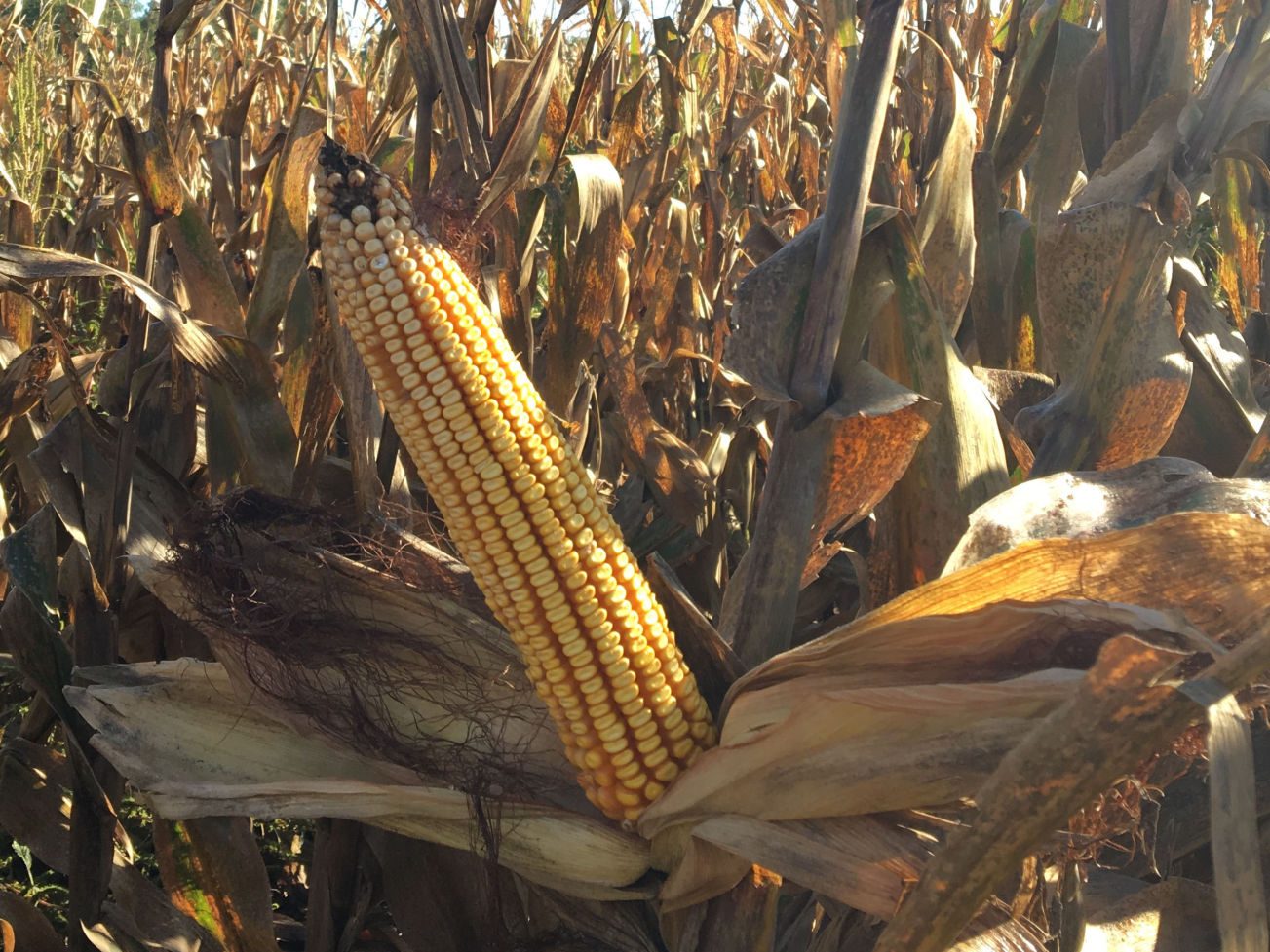Is Bayer winning or losing its public relations battle in favor of glyphosate? Does it matter? Is time running out for the contentious ingredient in any case?
On Sept. 20, the European Commission proposed approving glyphosate-based pesticides for another 10 years. The commission last approved glyphosate for five years in 2017, extending that approval by another year through December 2023.
The European Union’s 27 member states now have to debate and vote on the proposal. The European Commission’s proposal is scheduled for a vote on Oct. 13 by the 27 EU members, with a “qualified majority” of 15 representing at least 65% of the bloc’s population required either to support or to block the proposal.
Glyphosate, the world’s most widely used pesticide, is the active ingredient in Bayer’s market-leading Roundup, which has provoked numerous and expensive lawsuits in the United States over claims that it causes non-Hodgkin’s lymphoma. As part of its five-point plan to put the lawsuits behind it, in 2021 Bayer pledged to withdraw glyphosate as an ingredient in the lawn and garden formulation of its Roundup brand—while still using the Roundup name—starting in 2023. Bayer said the “vast majority” of cancer claims came from users in that market.
Bayer has sought to consolidate and settle as many outstanding Roundup lawsuits as possible, while continuing to fight the rest in court. According to the website drugwatch.com, which tracks drug lawsuits, as of Aug. 15, 2023, there were 4,222 Roundup lawsuit cases still open in federal multidistrict litigation in California—up from 4,212 in July 2023.
At the same time, Bayer has been waging a vigorous public relations campaign by claiming that, despite a 2015 World Health Organization finding calling glyphosate a “probable human carcinogen,” most scientific studies have found no adverse risks.
On June 17, 2022, a three-judge panel of the Ninth Circuit vacated, or annulled, the human health and endangered species portions of Environmental Protection Agency’s 2020 decision on glyphosate, saying it had contradicted its own experts and ignored relevant studies. The 54-page opinion held the Trump administration’s 2020 interim registration of glyphosate to be unlawful because “EPA did not adequately consider whether glyphosate causes cancer and shirked its duties under the Endangered Species Act.”
But the panel didn’t order EPA to revoke the registration of glyphosate. Instead, it gave EPA until October 2022 to do another analysis that took account of more information. Congress, however, extended that registration deadline for glyphosate and other pesticides to Oct. 1, 2026. On its website, EPA notes, “EPA’s underlying scientific findings … that glyphosate is not likely to be carcinogenic to humans, remain the same. In accordance with the court’s decision, the agency intends to revisit and better explain its evaluation of the carcinogenic potential of glyphosate and to consider whether to do so for other aspects of its human health analysis.”
“Bayer is ruing the day it ever purchased Monsanto [maker of Roundup],” according to Bill Freese, science policy analyst at the Center for Food Safety. Bayer, based in Germany, bought Monsanto for $63 billion in 2018 and has since spent billions more to settle the lawsuits.
Freese said a recent search of PubMed, a public search engine for medical and scientific publications, under the search term “glyphosate toxicity” turns up an average of one paper a day being published since 2020. The CFS was the lead petitioner in the 2020 case that led to the Ninth Circuit vacating part of EPA’s registration language.
In September, a judge ruled in favor of Bayer’s motion for a directed verdict in the McCostlin trial. Bayer trumpeted this decision as its ninth consecutive win in court, and said, “This outcome is consistent with the extensive body of scientific research as well as the assessments of the EPA and other leading health regulators worldwide.”
However, in July, Bayer announced in an “unscheduled statement” that it would write down 2.5 billion euros’ worth of “goodwill impairment” in costs related to its glyphosate business. Its previously forecast free cash flow of 3 billion euros was adjusted to zero.
David Murray can be reached at [email protected].




